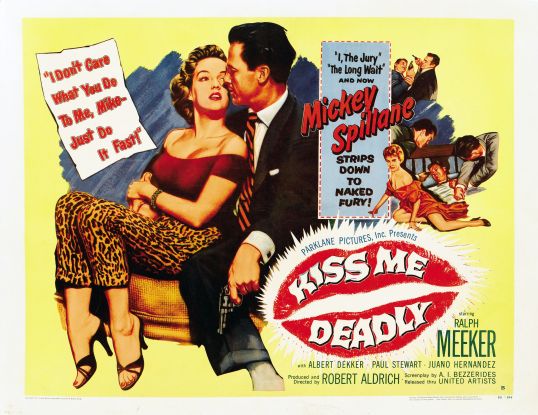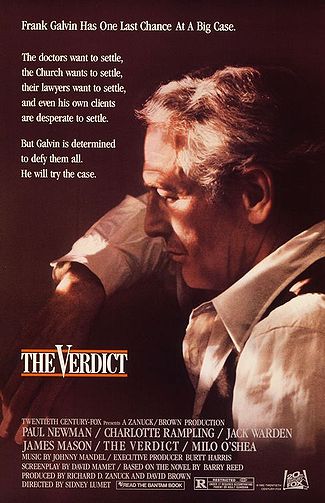
Like many good crime films, this 1956 film noir opens on a train.
A passenger has suddenly been taken ill and his wife, Linda (Felecia Farr), wants to know if there’s a doctor on board! Fortunately, there is! Dr. Paul Bucker (Wesley Addy) just happens to be on the train and it only takes him a few minutes to figure out that the man is suffering from polio. Paul arranges for the train to make an unscheduled stop in the next town so that the man can be taken to the hospital. Paul also asks to be allowed to go to the baggage car, so that he can retrieve his doctor’s bag. Of course, he can! Who is going to say no to doctor, especially in a situation this serious?
Paul goes back to the baggage area to claim his little black bag and that’s when something unexpected happens. He opens up his bag and pulls out a gun. It turns out that Paul is not only a doctor but he’s a thief as well. After tying up everyone in the car and knocking them out with a sleeping drug, Paul proceeds to blow open a safe and steal all the money within.
When the train makes it unscheduled stop, Paul, the man, and Linda (who is actually Paul’s wife), disembark. They get into an ambulance driven by the shady Frankie Page (Jack Klugman) and they head off. It’s only after Paul’s escaped that the robbery is discovered.
With authorities baffled by the crime, insurance investigator Charlie Norman (Mark Stevens) is assigned to investigate the robbery with railroad policeman, Joe Armstrong (King Calder). Despite the fact that Charlie has been promising to take a vacation with his wife (Marianne Stewart), Charlie takes the case. Everyone knows that Charlie is one of the best in the business. If anyone’s going to catch these criminals, it’s going to be Charlie!
Of course, Charlie has another reason for taking the case. It turns out that Charlie’s the one who masterminded the entire robbery! He’s the one who first met Paul while the alcoholic doctor was attempting to file a false claim. It also turns out that Charlie has been having an affair with Linda and that Charlie’s planning on running off with her as soon as they take care of Paul.
Mark Stevens both directed and starred in Time Table and the end result is a well-made and genuinely exciting film noir, one that features all of the hard-boiled dialogue, shadowy interiors, and twisty complications that one could hope for from a good heist film. Stevens not only keeps the action moving at a steady pace but he also keeps you guessing about whether our band of criminals are going to make it to Mexico or if they’re going to all fall victim to one betrayal too many. The film is full of nice character turns, though the strongest performance comes from Wesley Addy, who brings a wounded dignity to his duplicitous character.
For fans of film noir, this is definitely one to watch.


